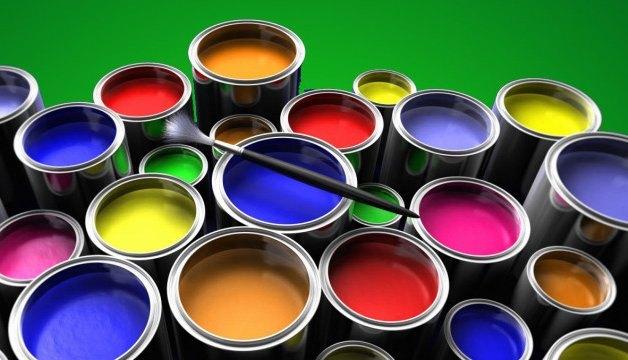Polyurethane resins have become one of the most widely used materials in the paints and coatings industry due to their versatility and excellent properties. This article discusses the chemistry of polyurethane resins and how they are used in various paint and coating applications.
Chemistry of Polyurethane Resins
Polyurethane resins are produced by reacting polyols with diisocyanates. Common polyols used include polyether polyols and polyester polyols. Common diisocyanates used are diphenylmethane diisocyanate (MDI) and toluene diisocyanate (TDI).
The reaction between the polyol and diisocyanate produces a polyurethane prepolymer with isocyanate end groups. These isocyanate groups then react further with small molecule extenders like glycerol or water to form the final polyurethane polymer.
This step-growth polymerization results in polyurethane resins with hard segments contributed by the diisocyanates and soft segments contributed by the polyols. The ratio of hard to soft segments can be varied to obtain resins with different mechanical and chemical properties suitable for different applications.
Uses in Industrial Coatings
Due to their excellent adhesion, chemical resistance and flexibility, polyurethane resins are widely used in industrial coatings. Some key uses include:
- Coil coatings: Polyurethane Coil Coatings are used to coat steel and aluminum coils used in the construction industry. They provide corrosion protection and color stability when exposed to weathering.
- Can coatings: Polyurethane can coatings ensure corrosion protection and convenient opening of cans for food and beverages. They are also used as lacquers for two-piece aluminum cans.
- Automotive coatings: Both solvent-borne and water-borne polyurethane coatings are used in automotive primer surfacers, basecoats and clearcoats. They deliver aesthetic appeal, durability and scratch resistance.
- Floor coatings: Polyurethane floor coatings are used in commercial and industrialflooring applications to provide abrasion and chemical resistance with anti-slip properties.
- Marine coatings: Due to their flexibility and water resistance, polyurethane coatings are ideal for protecting the hulls of ships, boats and offshore oil rigs from corrosion by seawater.
Uses in Protective Coatings
Polyurethane resins create highly durable protective coatings suitable for harsh environments:
- Concrete coatings: Used as self-leveling floor coatings and clear sealers for concrete surfaces. They protect from contamination, dusting and chemical attack.
- Roof coatings: Applied on low-slope roofs as elastomeric membrane coatings to seal and protect from damage caused by UV rays, wind and moisture.
- Tank linings: Chemical-resistant polyurethane tank linings protect the interiors of chemical storage tanks from corrosion and contamination.
- Infrastructure coatings: Specially formulated polyurethanes are used for long-term protection of bridges and water storage structures from environmental degradation.
- Valve and pipe coatings: Used for FBE (fusion bond epoxy) pipe coating systems as well as specialty valve coating solutions in oil and gas applications.
Uses in Appliance Enamels
Durable polyurethane topcoats and enamels are ideally suited for home appliances and power tools due to their wear and scratch resistance:
- Appliance finishes: Stove and refrigerator enamels provide a lustrous, heat-resistant and moisture-proof surface.
- Power tool finishes: Tough polyurethane finishes on tools like drills, sanders and saws withstand repetitive use and contact.
- Small appliance finishes: Microwaves, blenders and other small appliances utilize polyurethane to maintain their good looks through years of use.
- Sanitary ware: Bathroom fixtures are often coated with polyurethane for its non-porous glossy surface that resists grime, mold and moisture.
In summary, polyurethane resins exhibit a unique combination of properties that make them extremely versatile in paints and industrial coatings. Their continued use in these applications will be driven by demands for superior performance, aesthetics and durability. With advancements in polyurethane technology, their scope is likely to further expand across various industries.
Get more insights on this topic:
https://www.dailyprbulletin.com/polyurethane-resins-multifaceted-materials-for-paints-and-coatings/
Check below trending articles on this topic:
https://www.insightprobing.com/polyurethane-resins-durable-and-versatile-paints-and-coatings/



